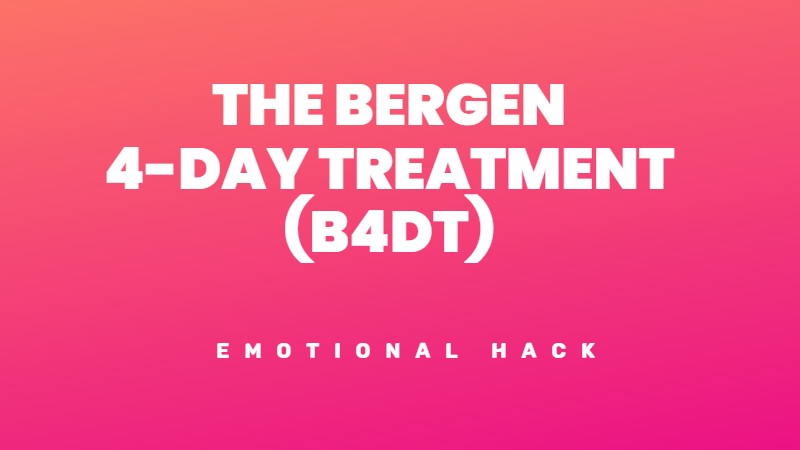My coworker took credit for my project and got the promotion I deserved. For months, I replayed the betrayal in my mind. I avoided her in hallways. I declined team lunches. I told the story to anyone who would listen.
My anger felt good at first. Warm and validating. I was right. She was wrong. Simple.
Then my doctor noted my rising blood pressure. My husband mentioned that I talked about nothing else. My friend asked if I was “still on that.”I started wondering what my grudge was costing me.
That’s when I learned that grudges don’t punish those who hurt you. They punish yourself.
I’ll create an article about how to let go of grudges using the provided text as inspiration while following all the style guidelines. Here’s the article:
How to let go of a grudge
You’re fuming. Someone hurt you badly, and your anger feels completely justified. You’ve told the story to everyone who would listen, and they all agree. You were wronged.
Then a friend gently suggests you should “let it go.”
Your instinct? Resist. You think: They don’t deserve forgiveness. If I move on, it means what they did was acceptable.
But holding onto anger hurts you more than the person who wronged you. Letting go isn’t about them. It’s about your health and peace of mind.
What makes a grudge harmful
A grudge isn’t just normal anger. It’s anger that moves in, unpacks its bags, and refuses to leave. When you hold a grudge:
This long-term anger turns you into “the person who was betrayed” or “the one who never gets appreciated.” This identity colours everything. How you interact with others and how you see yourself.
The physical cost of holding grudges
Grudges harm your body. Research shows that chronic anger increases your risk of heart disease. During angry episodes, blood pressure rises, blood vessels narrow, and clotting increases. Your muscles tighten, causing headaches and back pain.
Your immune system weakens. Anxiety and depression often follow. Many people try to numb these feelings with unhealthy coping habits.
Simply put: Grudges make you sick.
Breaking free from grudges
These practical steps will help you release grudges:
You don’t have to forgive
Forgiveness benefits many people, but it remains your choice alone. No one can force you to forgive. The path toward healing belongs to you.
Even without forgiveness, you can:
The goal isn’t eliminating justified feelings. It’s preventing those feelings from controlling your life.
Slutsats
My grudge against my coworker lasted three years. During that time, I missed countless moments of joy because I was too busy nursing my anger. Each time her name came up, my muscles tensed. My blood pressure soared. My day derailed.
Freedom came only when I realised a simple truth:
My grudge punished me, not her.
The path to release doesn’t happen overnight. Start with small steps. Next time anger flares, breathe deeply and ask yourself: “What is this grudge costing me?” Write down the physical sensations in your body. Notice how your thoughts spiral when feeding this fire.
Then try one simple practice: When the person enters your mind, wish them well for 10 seconds. Just 10 seconds. It will feel impossible at first, but do it anyway.
Your grudge served its purpose. It showed you what matters and taught you where your boundaries belong. Now, thank it for these lessons and set it free.
If you’ve tried everything and still feel consumed by anger, talk to a mental health professional. A therapist can offer personalised strategies to help release the grip of lingering resentment.




Lämna feedback om detta